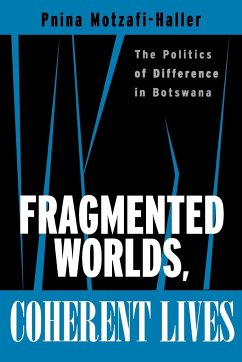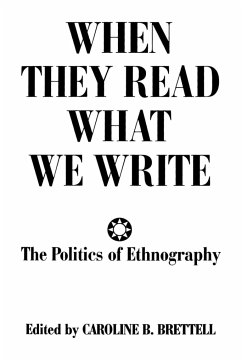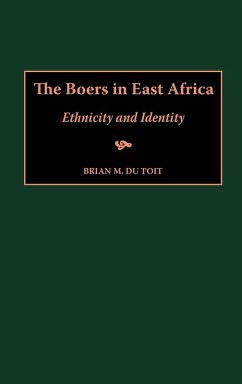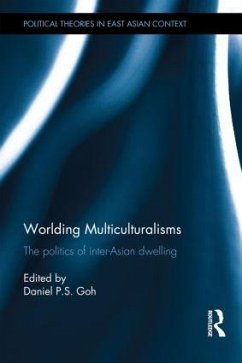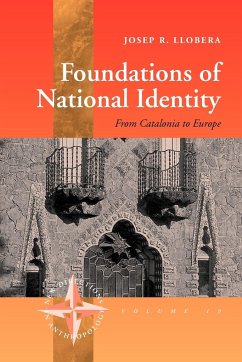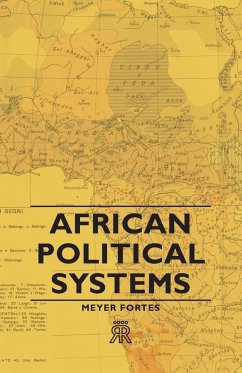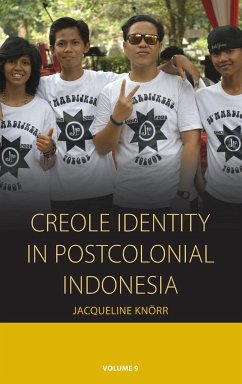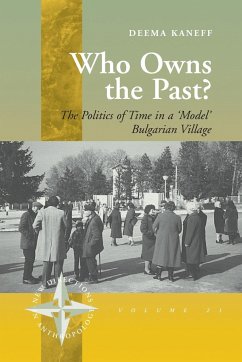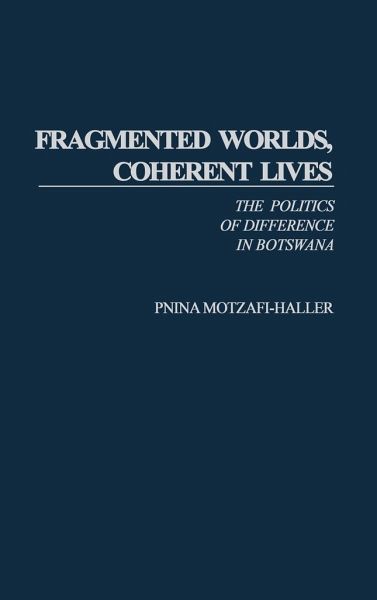
Fragmented Worlds, Coherent Lives
The Politics of Difference in Botswana

PAYBACK Punkte
44 °P sammeln!
Explores the meaning of writing in the post postmodernist moment when master narratives have been questioned and the very act of representing others has been problematized, and discusses some of the key theoretical debates emerging in the aftermath of what came to be known as the postmodernist crisis. When the author first went to Botswana in the early 1980s to study the impact a major land reform had on rural life in this impoverished African country, social theory and ethnographic practice seemed solid and convincing. A decade later, and again in 1999, she returned to Bostwana and to the Tsw...
Explores the meaning of writing in the post postmodernist moment when master narratives have been questioned and the very act of representing others has been problematized, and discusses some of the key theoretical debates emerging in the aftermath of what came to be known as the postmodernist crisis. When the author first went to Botswana in the early 1980s to study the impact a major land reform had on rural life in this impoverished African country, social theory and ethnographic practice seemed solid and convincing. A decade later, and again in 1999, she returned to Bostwana and to the Tswapong people whose lives she had shared, and she encountered not only a rapidly shifting social reality, but she also began to ask questions that stemmed from and were shaped by theoretical frames quite different from those she had employed in her earlier work. At the center of the narrative that runs through this study is a critical reflexive discussion that explores the tension between data recorded at a particular historical moment and the interpretive frames offered to make sense of such data.



